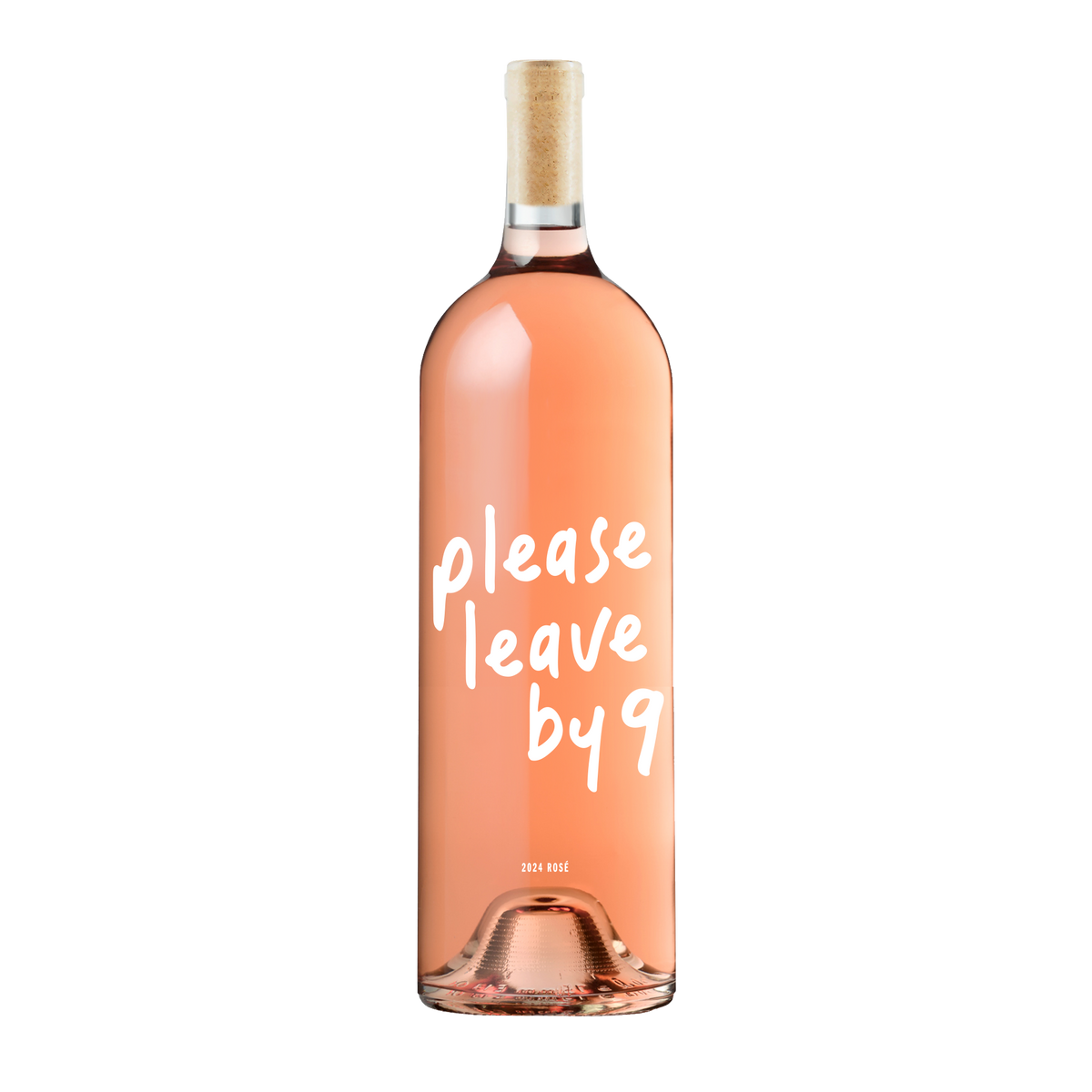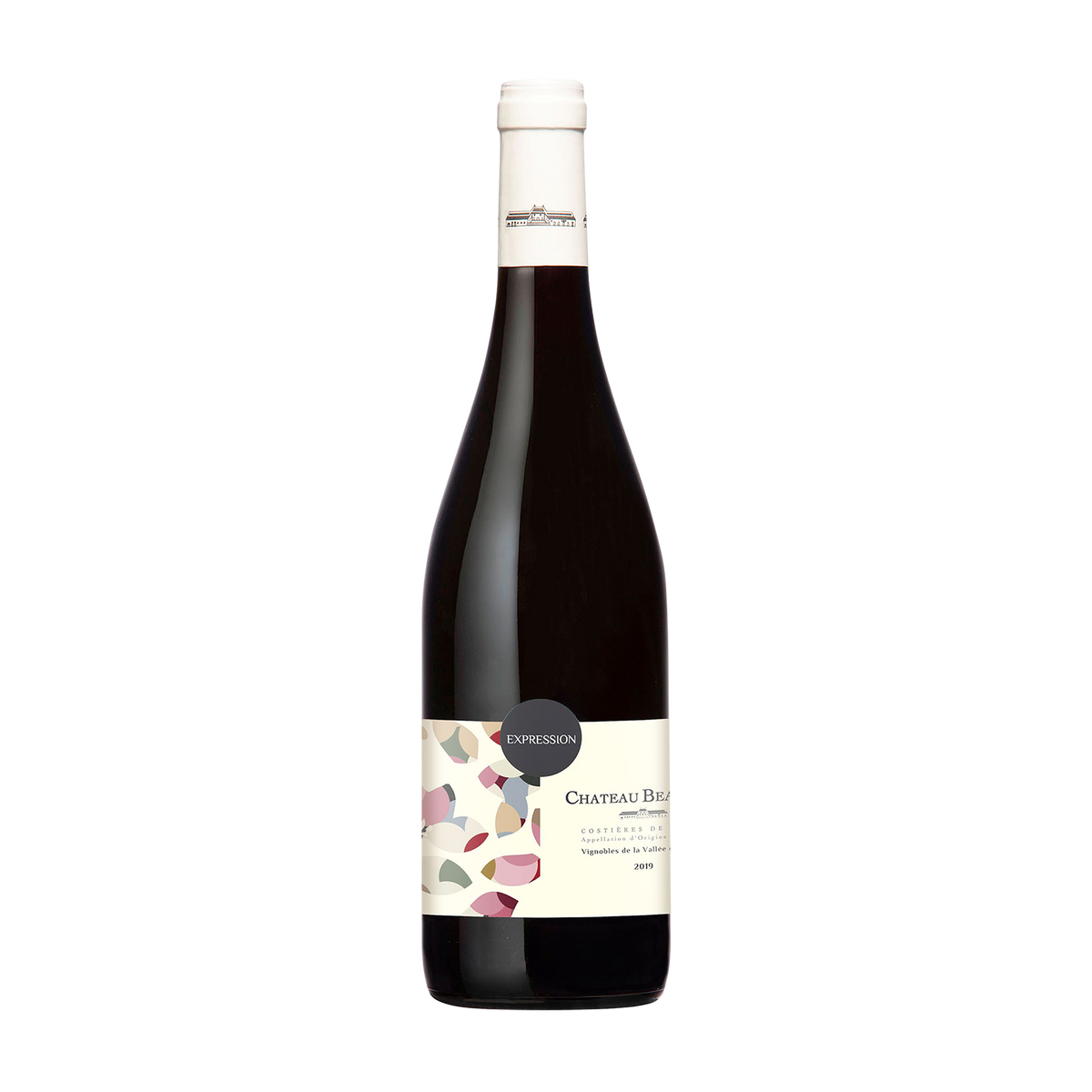2022 Kingdom by the Sea Pinot Noir
Item cannot ship to your state
2024 Please Leave by 9 Rosé Magnum
Item cannot ship to your state
2024 Outersounds Sauvignon Blanc
Item cannot ship to your state
2020 Koyle Gran Reserva Carménère
Item cannot ship to your state





